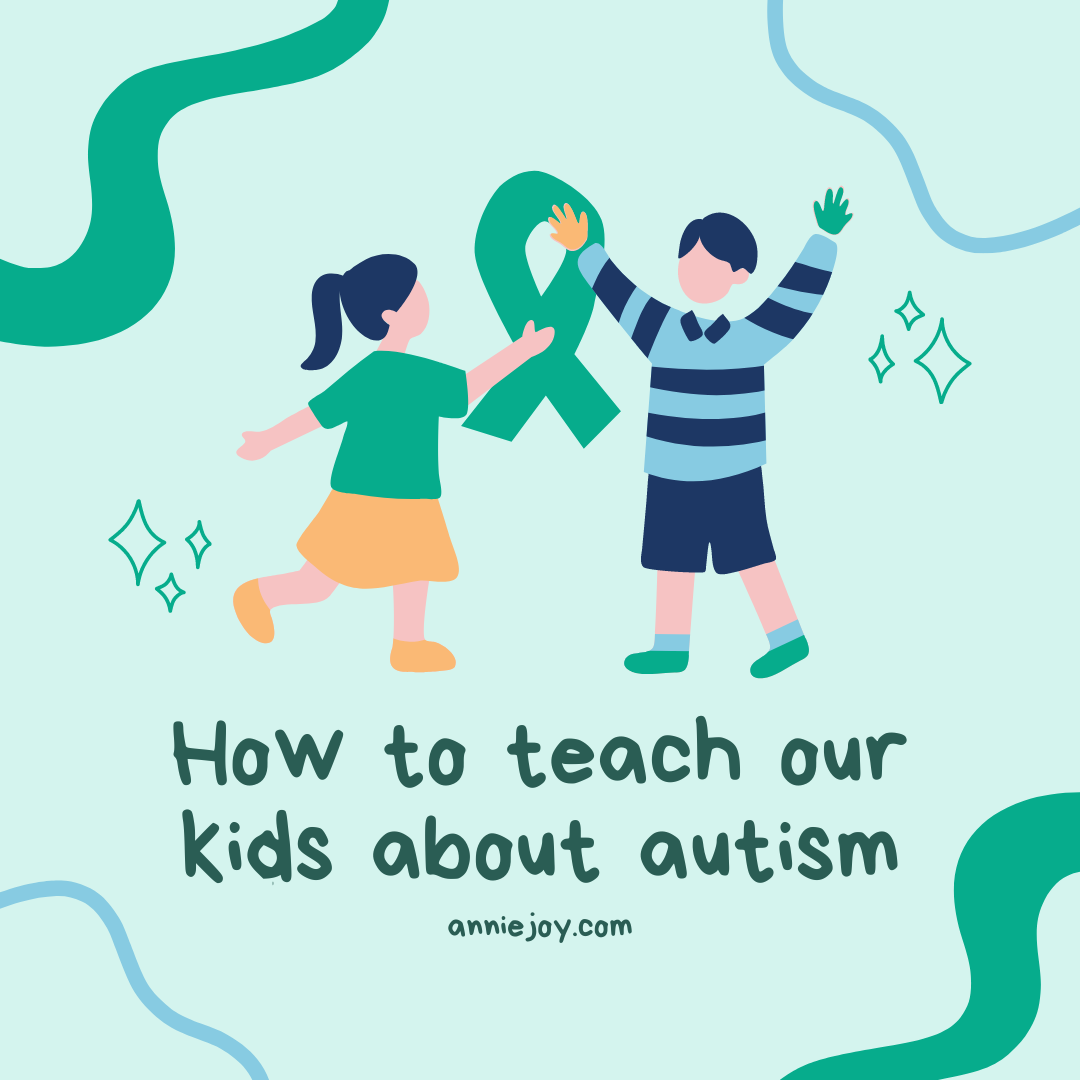When I was a little girl, I dreamed of being a mother. I grew up with 5 siblings and figured I’d have at least 6 kids someday. So after my first divorce where I experienced two miscarriages, I was pretty devastated that my dream hadn’t come true yet. 3 years later, I married again and had my first baby at age 30.
My son receiving his autism diagnosis at age 2 felt like a death sentence at first. Visions of climbing trees, baseball games, and having groups of friends were gone. I thought my life would never look like what I imagined it to be.
Our new normal turned into 5 hours of therapy a week, meetings and more meetings, people coming in and out of my home, and feeling like everyone was judging my parenting. I cried as I put my sweet little nonverbal boy on a bus to a special preschool at the age of 3.
I still cry sometimes thinking about how people treat him or how they treat me. But since the day he was diagnosed, I have become his fiercest advocate. My dream to create a kinder world for him is the foundation of my business. I went into life coaching to teach people communication and conflict resolution skills to build better relationships.
I hope that as you teach your children to be inclusive to ALL kids you can remember behind every child who doesn’t look or act “normal” is a mom trying her best to help that child thrive.
- Explain autism in a way that models love and acceptance. Here’s how I explain autism to kids when playing with my son.
I let them know that autism means that my son’s brain works differently than their brain works. I ask them to tell me some things that they are talented at. After they tell me, I ask them to share some things they aren’t as good at and need support. After they tell me, I share that my son is good at acting out movies and even creating his own stories, and where he needs support is understanding the rules of how to play with other kids.
The reason this is powerful is because it levels the playing field. We are all quick to point out the flaws and differences of others. But the truth is, we all need support in our weaknesses.
- Model inclusivity and acceptance in your interactions. Kids pick up on your energy easily. They are watching how you speak to other people. They do what you DO, not what you tell them to do. So if you are giving the side eye to a mom with a child having a meltdown in the store or cursing under your breath about the person who cut you off, they see that and internalize it.
The good news is that they are internalizing the positive interactions you model. When you offer to help the mom who has a kid melting down or say that the person cutting you off might be having a hard day, they will model that behavior.
- Teach empathy and understanding. Talk to your kids about what it might be like for those with autism to deal with a world that feels wildly overwhelming to their senses. Or how lonely it might feel to struggle with making friends. Encouraging empathy at a young age will benefit them in their future relationships.
Parents, especially moms, play a crucial role in shaping children’s view of the world. They take on your world lens until they are old enough to think more critically. Let’s set them up for success by offering them a perspective of the world that is inclusive and accepting of all abilities. Model generous assumptions of people around you and your children will do the same.
Let’s build a kinder world together, one conversation at a time.
Love,
Annie Joy

You still amaze me, with how you magnify your calling in life. We are all blessed having you in our lives.
Give your kids a hug.
Love you.
Dad
💚💚💚
Thanks for these great ideas… love the way you are making a difference!